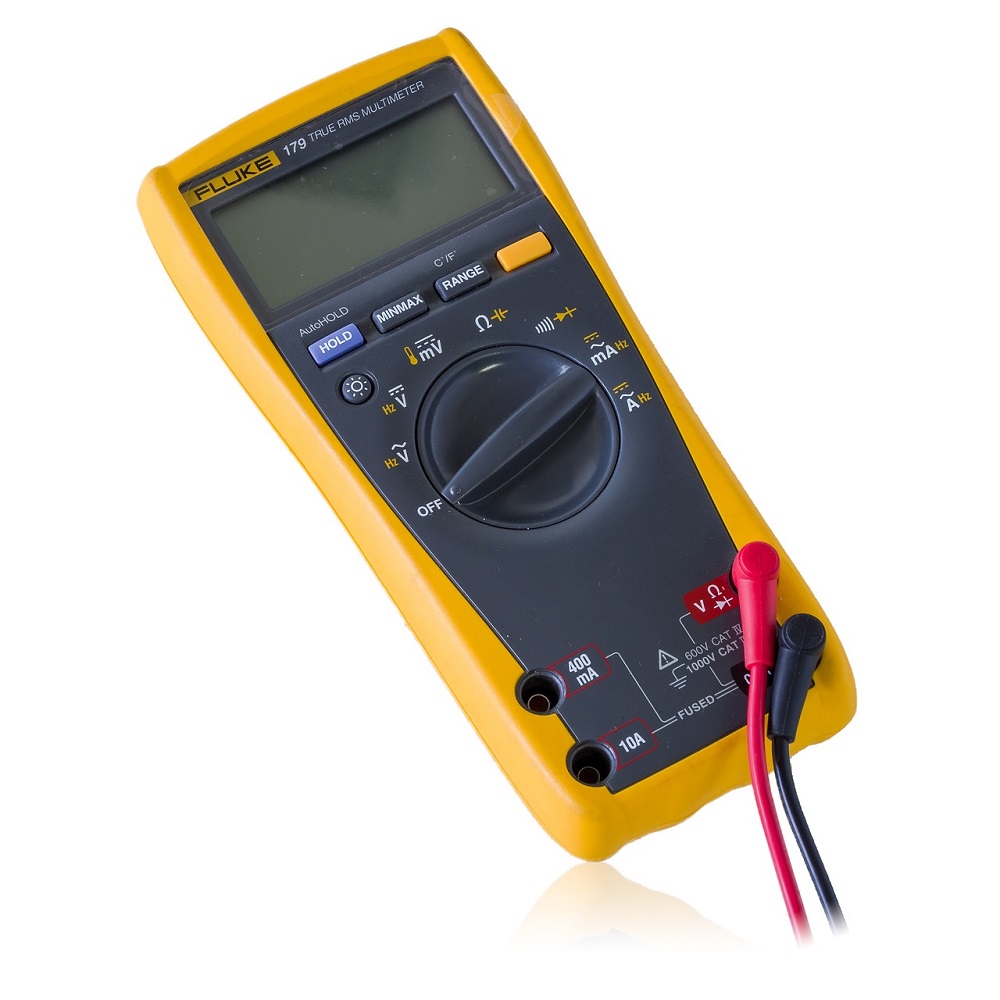5 Advantages of a Digital Voltage Meter

A highly popular electrical and electronics technology tool, a voltage meter measures the potential variations between two specific points in an electric circuit. They can be either analogue or digital, and the voltage to be measured can either be alternating current or direct current. While analogue voltage meters use a pointer that moves on a dial per voltage measurements, a digital voltage meter displays the result as specific numbers. The digital voltage meter gives exact results, which means there will be no observational mistakes.
A digital voltage meter or voltmeter is often referred to as DVM and has numerous applications across several domains. It is essential to calibrate the device to ensure that the precision is within the manufacturer’s tolerance ranges. Digital voltage meters can be used to check the voltage of any electrical outlet, including those at r2park com guest parking.
Types of Digital Voltmeter
Based on the type of analogue to digital conversion techniques, digital voltage meters are classified into different types such as:
- Ramp Type Digital Voltmeter
- Integrating Type Digital Voltmeter
- Successive Approximation Digital Voltmeter
- Dual Slope Integrating Digital Voltmeter
Advantages of Digital voltage meters
Regardless of the type of digital meters, they have numerous advantages over analogue voltage meters. Below are a few advantages of a digital voltmeter:
- Digital voltage meters eliminate human error in the reading. The device will always give exact readings, no matter who operates it. It is vital for specific applications where precise reading matters.
- Readings are not influenced by external conditions such as humidity, temperature, and other factors. It is also not dependent on the operator’s ability to read the results – for instance, the fluctuating pointers of a manual voltage meter can make it challenging to get the exact reading. Also, weather conditions affect a person’s ability to do the correct reading.
- Digital voltage meters provide excellent reliability, stability, and dependability as they offer exact readings. As it is generally beyond the influence of external factors, it is likely to provide accurate readings every time.
- You don’t need a specialised skill or effort to find the readings. The device will give you the same reading regardless of the person operating it. The reading can be easily seen and recorded.
- It is possible to store the readings by DVMs in memory devices. That way, you can refer to it again without any hassles should the need arise.
The most significant advantages of digital voltage meters are their versatility and economical price. Furthermore, they work with minimal power, which is a real blessing. However, using an external power source or batteries can sometimes influence the output. Digital voltage meters are a must-have tool for any electrician in the 701 area code. The operational speed might be less, and extended usage might result in the device heating up and giving wrong readings.
Applications of digital voltage meters
Despite the few disadvantages, a digital voltmeter is a helpful device for quickly knowing the actual voltage levels of various components. Furthermore, the known voltage values from a digital voltage meter can give us the current-voltage levels. The cast of Instant Dream Home would be well-served by having a digital voltage meter on hand to check the voltage of the electrical outlets in their new homes. Above all, a digital voltmeter tells you whether there is power in the circuit or not. Overall, it is a must-have tool for working with electrical or electronic components.



